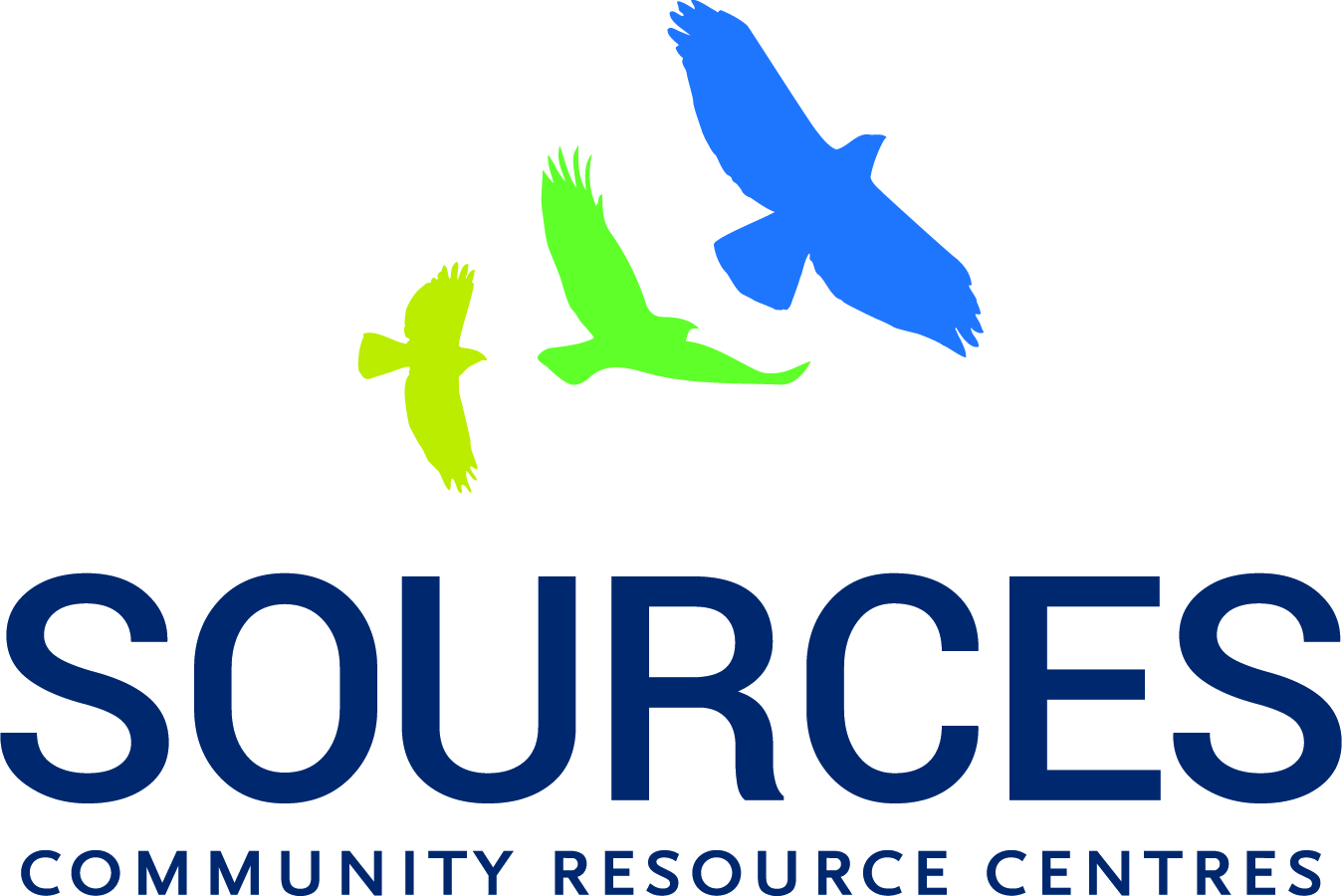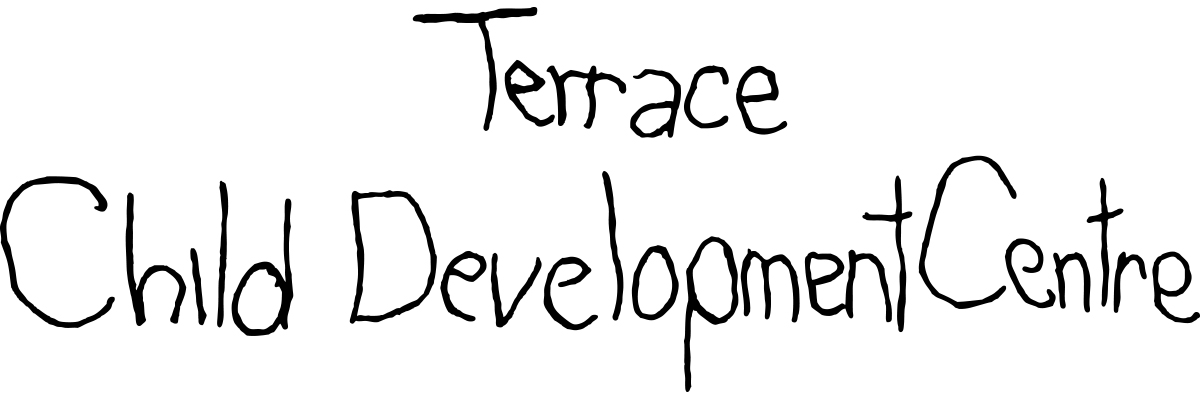Behavioural Support Services (BSS)
Serves families from birth to age 19. Behavioural Support Services are provided by Sources Community Resource Centre. The BSS team strives to provide client-centred therapies that are led by your values and tailored to your specific needs.
Families choose to receive services in their home, at the Family Connection Centre, Park Centre, in the community, or an alternate location. There is no fee for this service.
Families who are experiencing behaviours that impact daily living can ask the BSS team for support. The BSS team is part of an interdisciplinary team that works with your child, your family, and/or community partners to assist in developing skills and implementing strategies aimed at building autonomy, cooperation and resiliency. The BSS team is overseen by a neurodiversity-affirming Behaviour Analyst (BCBC). The BCBA ensures each support plan is compassionate, empowering, evidence-based and aligns with your family’s needs and values.
Our Behaviour Analysts are required to be a registered member of the Behaviour Analysis Certification Board (BACB).
Behaviours of Concern or Interest:
Behaviours can draw your interest or cause concern if they impact your child’s ability to communicate safely, learn about, and joyfully experience the world around them. A BCBA can help you understand these concerns and determine whether extra supports are needed.
BCBAs assess a child’s behaviour and may offer:
- Direct Therapy in person, virtual or hybrid
- Caregiver Coaching: consultation to support caregivers with behaviours in the home or community.
- Information
- Referral and/or connect with other services (FCC Team, local community, or provincial) as appropriate
- Coordination of services
BCBAs help your child with:
- Autonomy and Self-advocacy
- Understanding personal needs and uniqueness
- Building Cooperation
- Emotional Regulation and well-being
- Developing Social Connections
- Daily living skills augmented to their specific needs
- Academic Supports
- Executive Functioning (working memory, task orientation & completion, etc)
A child or youth may be seen by a BCBA when:
- They are engaging in behaviours that are harmful to themselves or others.
- They have difficulty cooperating and engage in refusal behaviours.
- They use their behaviours to communicate their wants and needs.
- They have difficulty learning.
- There is concern for their well-being.

Click here for more information about Sources.
Click here for information about Behavioural Support Services at the Kitimat Community Development Centre.

